It is known that aromatherapy or essential oils were born during the Mesopotamian and Egyptian eras. Egyptians were so ahead of their times that they used these oils for air purification and religious rituals to honor gods. Cleopatra was also a famous user, using it as a form of cosmetics. There were also traces of essential oils discovered in ancient Chinese and Indian cultures.
Before being sold as a standalone, essential oils have already been a key ingredient in the food and beverage and pharmaceutical industries. Today, essential oils are a staple in beauty, skincare, and holistic living. The forecast is a steady rise in the global market because of its many uses and benefits.
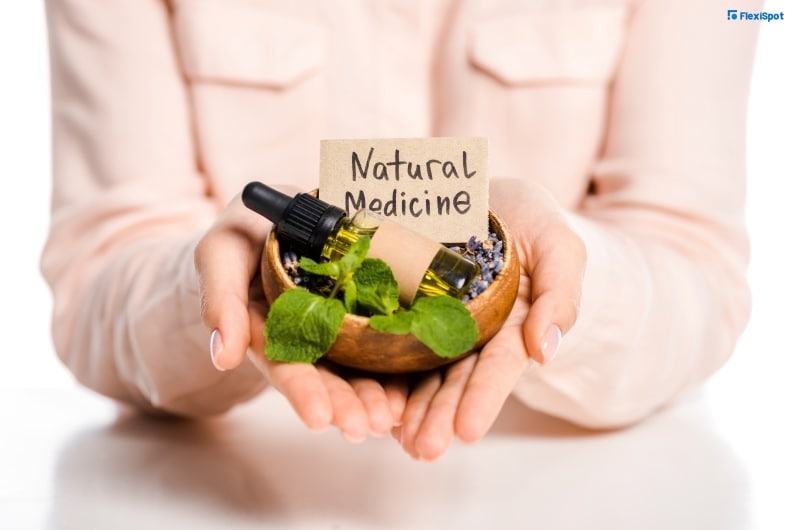
What Aromatherapy Is
French perfumer and chemist René-Maurice Gattefossé gave birth to the term “aromatherapy,” using it in his book published in 1937. In the text, he was discussing the potential of essential oils to be used as a treatment for different medical conditions.
The National Association for Holistic Aromatherapy (NAHA) defines aromatherapy as “the therapeutic application or the medicinal use of aromatic substances (essential oils) for holistic healing.” According to the International Standards Organization (ISO), it is a product that came from vegetable raw material through water or steam distillation, through a mechanical process from the epicarp of citrus fruits, or by dry distillation.
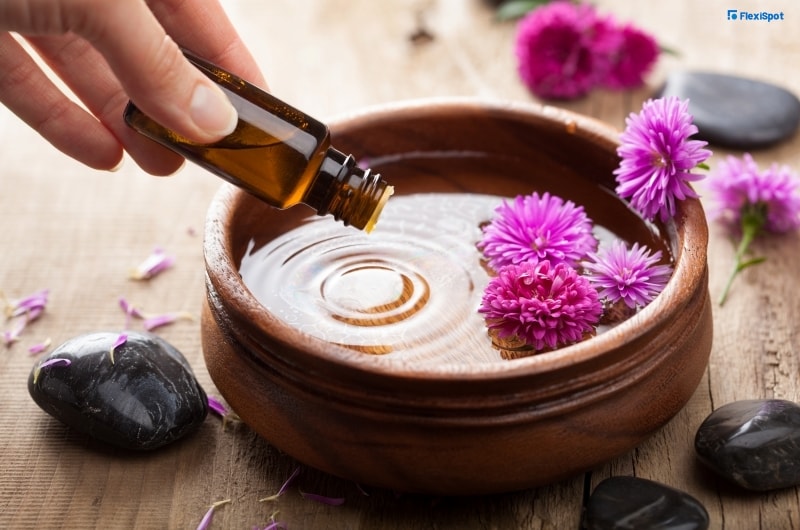
How Aromatherapy Works
Plants have a fragrant smell because of a cell inside of them that gives its “essence.” When this is extracted from the plant, it becomes an essential oil. Aromatherapy uses these essential to activate smell receptors in the human nose. Once activated, the receptors will send messages to the brain through the nervous system. Areas in the brain will be activated to stimulate happiness or feel-good emotions.
So how does aromatherapy work? It is absorbed by the nose or skin in products with essential oils. In the market, you’ll see them sold as body oils or creams, diffusers, clay masks, bathing salts, aromatic spritzers, or facial steamers.
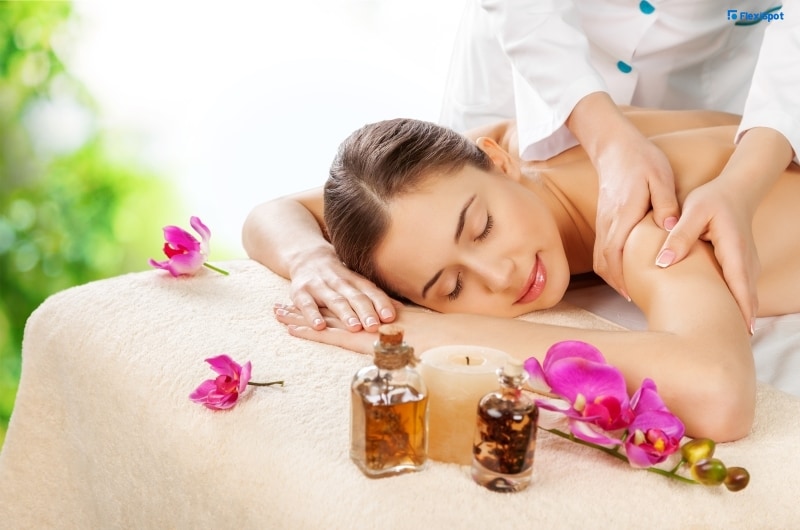
Why Use Aromatherapy
There are many benefits of incorporating aromatherapy in your life. Depending on the essential oil of your choice, your body aches can be reduced and alleviated. It could also be an antidote to reducing anxiety, stress, and depression. Specific oils answer specific problems. For instance, if you are having digestive problems, then peppermint oil is a great choice. For toothaches and mouth sores, go for clove oil. If you want a good night’s sleep to feel recharged, then you should be looking for lavender oil.
Healthline lists down the following uses and benefits from aromatherapy. Below are the following:
Soothe sore joints
Treats headaches and migraines
Fights bacteria, virus or fungus
Improve hospice and palliative care
Boost immunity
Soothe sore joints
Alleviate side effects of chemotherapy
Induces labor in childbirth
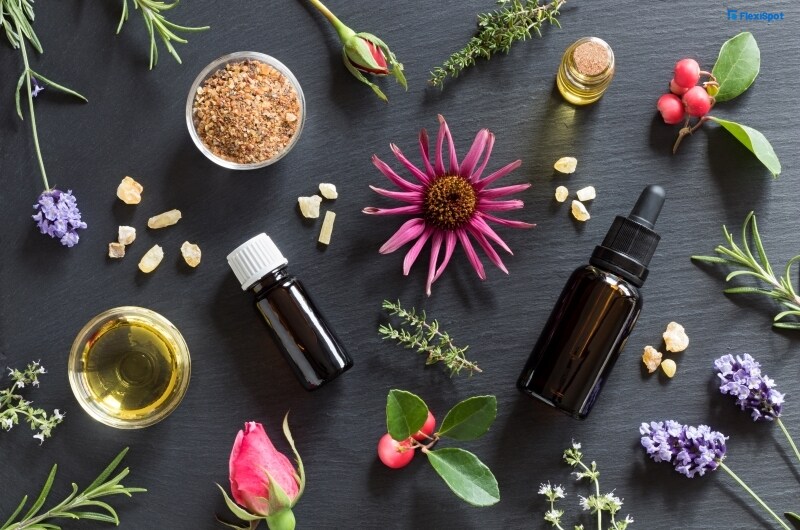
Essential Oils to Buy
Even though they’re called essentials, not all oils are necessary for everyone. Your choice really depends on what you want and need at the moment. Here are some of the most famous essential oils that you could choose from:
Some suffer from eczema, a skin condition that results in dry, scaly skin. Chamomile essential oil may be used to cure this.
If you need an insect repellant, try the Citronella essential oil.
If feeling feverish because the flu has caught you, do yourself a favor and purchase a eucalyptus essential oil.
Use jasmine essential oil as an aphrodisiac.
For an all-around oil, try the lavender essential oil. It could serve as an antiseptic for minor cuts and burns, enhance relaxation and sleep, and relieves someone from headaches and migraines.
Rosemary essential oil is for those who want to boost memory, prevent muscle spasms, and promote hair growth.
Often found in shampoo, skincare, and mouth rinse products,
tea tree essential oil is used to treat acne and burns.
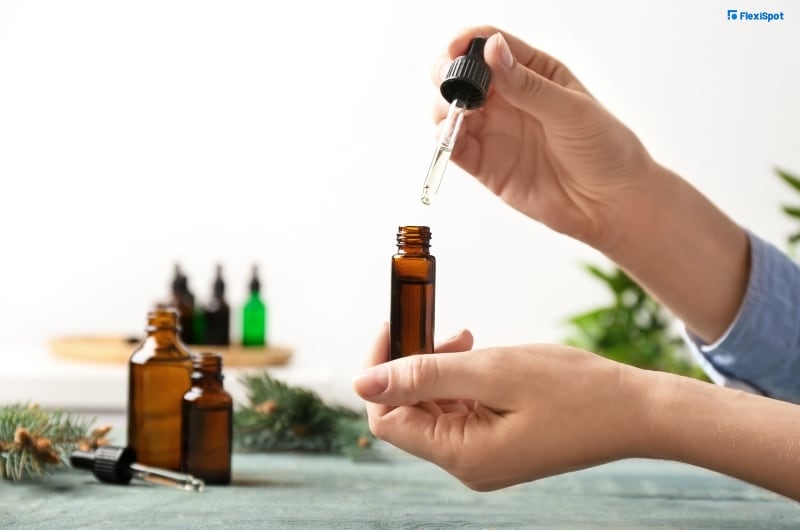
Risks of Using Aromatherapy
In case you don’t know, essential oils are chemicals. Some may even be hazardous so you have to be extra careful in choosing what you’ll use, especially if your purpose for usage is healing. Consult a professional first that includes going to an aromatherapist, nurse, doctor, physical therapist, massage therapist, or pharmacist. Another word of caution is that certain people have reactions when using essential oils combined with medicine so make sure to check with a professional before trying it out.
Since aromatherapy products do not have any therapeutical claims, it does not fall under the monitoring of the U.S. Food and Drug Administration. To reiterate, an aromatherapy professional will be able to tell you which essential oil is beneficial for you, how to use it safely, and the safe application amount.
Moreover, do not forget to use a skin patch test to check if you’re allergic to a certain oil. The most allergy-inducing oils include bergamot oil, oregano oil, jasmine oil, lemongrass oil, cinnamon bark oil, ylang-ylang oil, and chamomile oil.
What’s important is to immediately see a doctor when an allergic reaction—for example, a red rash or hives—comes up after using an essential oil.
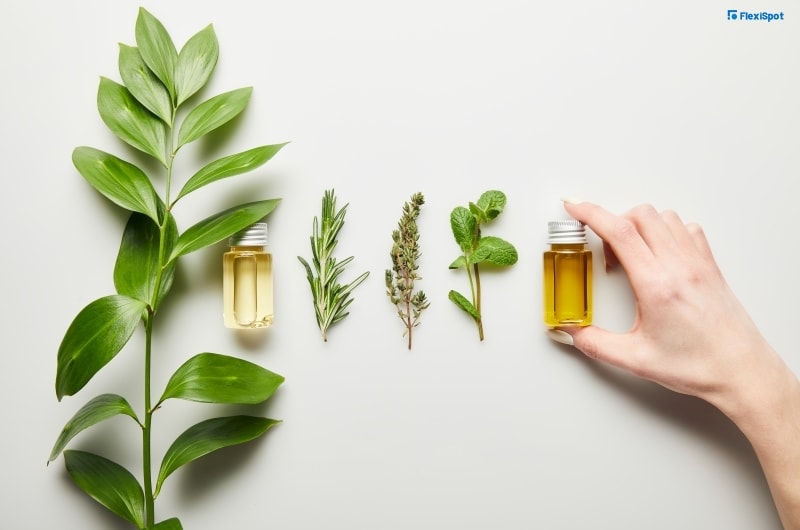
Considerations When Buying an Essential Oil
Be discerning when purchasing essential oils because of the dangers they pose. You can only make the most out of your essential oil purchase if you carefully consider the following:
Immediately lookout for allergic reactions to the main chemical once you use the essential oil.
Go for products that are 100 percent pure and organic. Check the ingredients and go for it if it’s free of fillers, pesticides, and synthetic chemicals.
Don’t forget to also check the shelf life and storage of certain essential oils.
Don’t be shy to ask for guidance from a professional when comparing and contrasting the smell of various essential oils.
A pro tip is to not buy essential oils that are stored in a plastic bottle. If it’s of quality, it generally comes in a tightly sealed dark glass bottle and an orifice reducer.
Verify the source of the essential oil in question by searching online the “lot#” names printed on the label. You will be able to trace the country of origin in this way.
Remember that a “fragrance oil” is different from essential oil.
Most labels of essential oils have a Latin name beside the common name. If it doesn’t have any, it’s most probably fake.
Compare the price of the essential oil you’re about to buy from those that are sold in the market. When the price is very low, that’s a cause for you to be suspicious about its legitimacy. If the price is too high, then it must be overpriced.
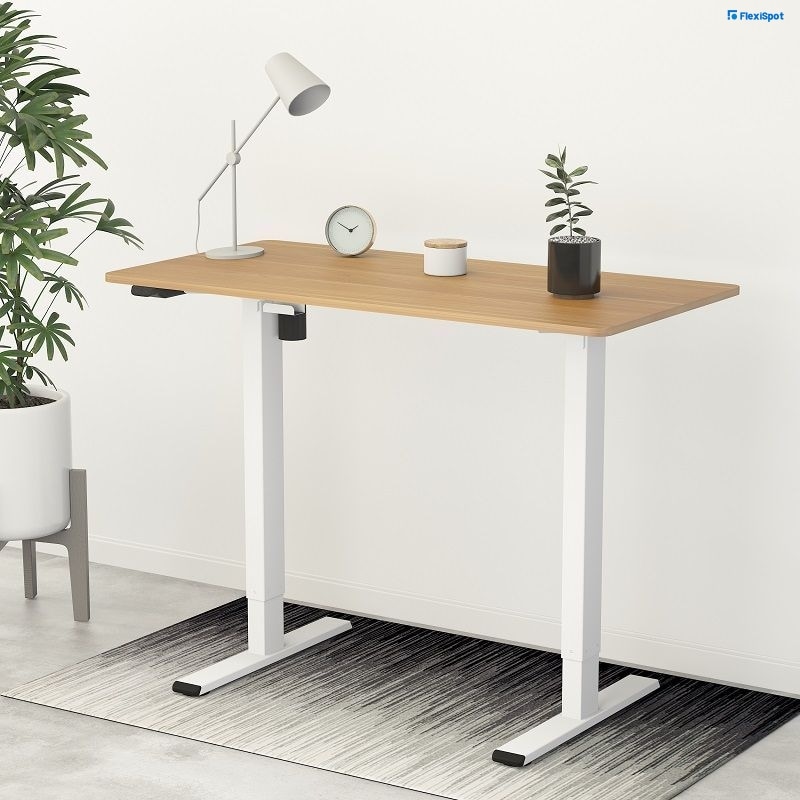
Where to Put Your Essential Oils at Home
Nowadays, aromatherapy products are also used as room decor. It may even lead to health benefits by filling the room with the aroma of the essential oil placed in a diffuser. People usually put a diffuser on top of a desk, alongside plants, flowers, or books. You may use an electric height adjustable standing desk such as the EG1-40"W from FlexiSpot. It has a mahogany worktop and a grey frame that a diffuser and a vase with dried flowers will look good on top of. It’s currently on sale from its original price of CA$399.99 to CA$299.99.
If you were to use the essential oil in skincare, why not install floating shelves inside the bathroom or at your vanity station in the bedroom so that it’s easy for you to reach it anytime.
